
How an ancient hybridisation in East Africa, a handful of historical bottlenecks and a quiet tug-of-war between subgenomes still shape aroma, sweetness, acidity and resilience in modern coffee. BY: Dr. Steffen Schwarz, Coffee Consulate If coffee were a person, Coffea arabica would be the one with the complicated family history, the enviable charisma, and an
Read More
Vietnam—Qahwa World Ward in Son La Province, northern Vietnam, is gradually becoming a center for high-quality Arabica coffee production. Coffee plantations are helping local residents increase their incomes and escape poverty. In 2025, the area is focusing on high-yield varieties, modern technologies, and cooperative farming models. Just a few minutes from the provincial center, the green

Moscow – Qahwa World Russia significantly increased its imports of coffee from Brazil between January and November, with the total value reaching nearly $390 million — the highest level recorded to date, according to official Brazilian statistics. Since the beginning of the year, Brazilian coffee shipments to Russia amounted to approximately $392.6 million, compared with
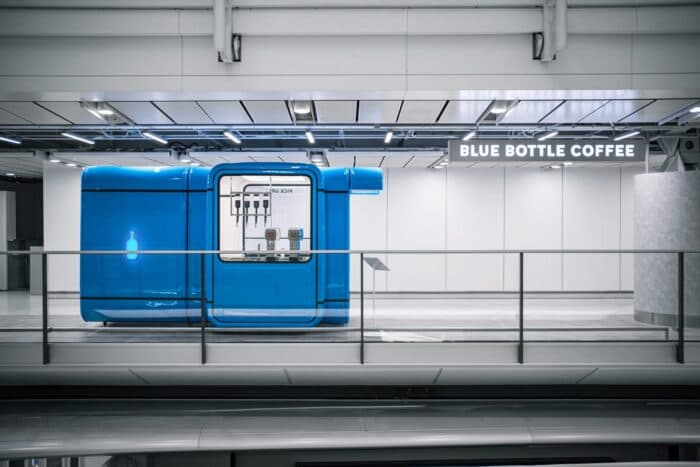
Dubai – Qahwa World Chinese coffee chain Luckin Coffee is reportedly evaluating a potential acquisition of Blue Bottle Coffee, the specialty coffee brand majority-owned by Nestlé, as part of its strategy to strengthen its presence in the premium coffee segment. Sources indicate that Luckin and its main investor, Centurium Capital, are pursuing moves to build
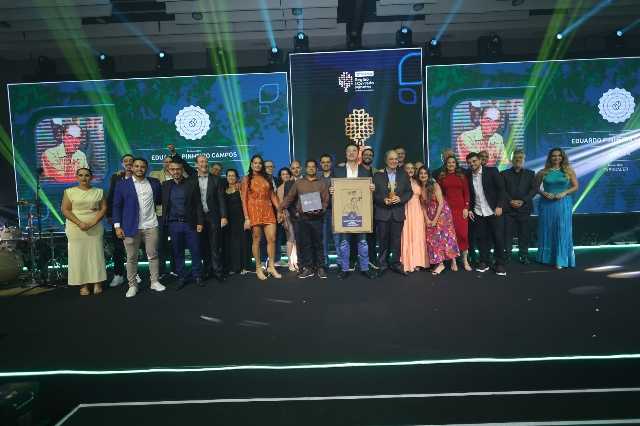
Patrocínio, Brazil – Qahwa World A bag of specialty coffee from Brazil’s Cerrado Mineiro region has reached a record price of US$38,500 at the 13th Cerrado Mineiro Regional Award in Uberlândia, Minas Gerais. The lot, winning the Pulped Cherry category, was cultivated by Eduardo Pinheiro Campos of Fazenda Dona Nenem in Presidente Olegário and purchased
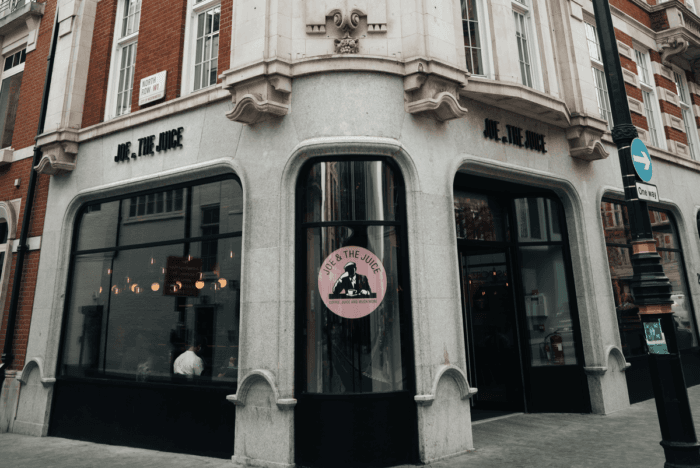
Dubai – Qahwa World Joe & The Juice has positioned the United Kingdom as its biggest market worldwide after an accelerated store rollout over the past year, overtaking its home market of Denmark. The Copenhagen-founded brand added 16 new locations across the UK in 2025, bringing its total to 89 outlets nationwide. This places the
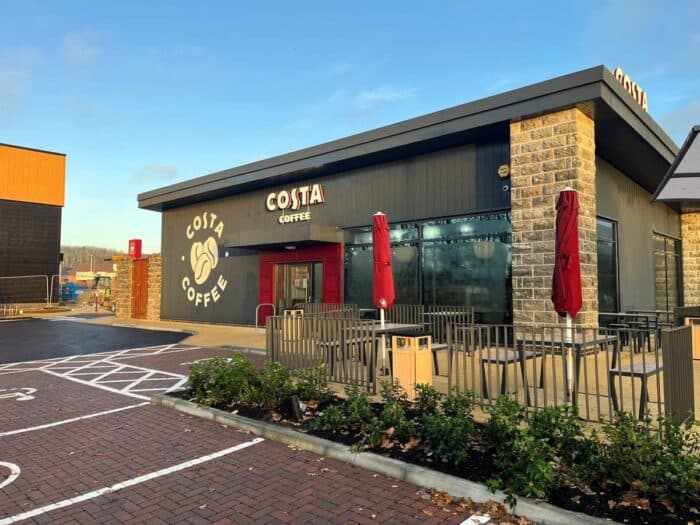
London – Qahwa World Coca-Cola is reportedly making a final attempt to keep negotiations alive over the potential sale of Costa Coffee, as discussions with its preferred buyer have slowed due to disagreements on valuation. According to international media reports, talks between the US beverage group and London-based private equity firm TDR Capital have reached
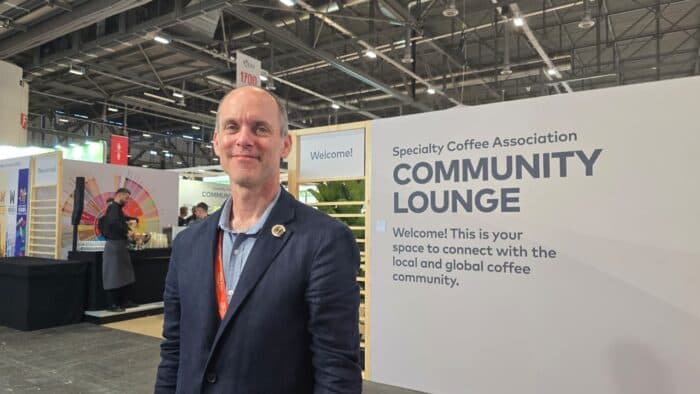
DUBAI – Qahwa World Michael Sheridan, CEO of the Coffee Quality Institute (CQI), delivered an important message to the coffee community and CQI members, reviewing the organization’s key achievements during 2025 and outlining future plans for 2026. In his message, which coincides with the approaching year-end, Michael Sheridan highlighted a busy fourth quarter of 2025,
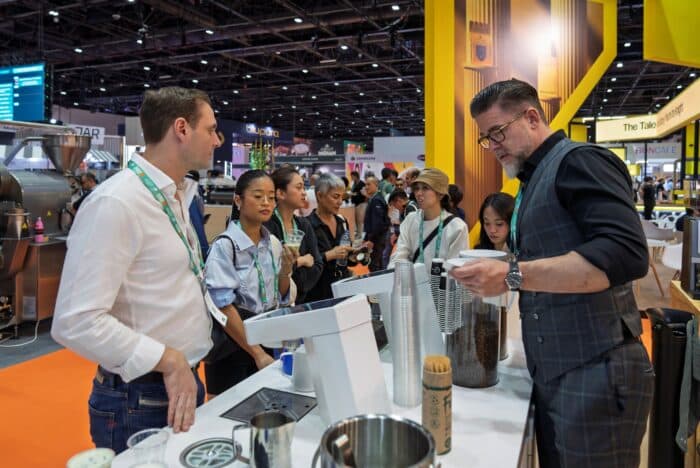
Key Highlights Record-Breaking Participation: A record 76 producers are confirmed for the 2026 edition, marking the largest origin participation in the event’s history. Most Diverse International Line-Up: Eight national pavilions will headline the most internationally diverse World of Coffee Dubai to date, including first-time participation from Kenya and Peru. Export Growth Momentum: The announcement follows

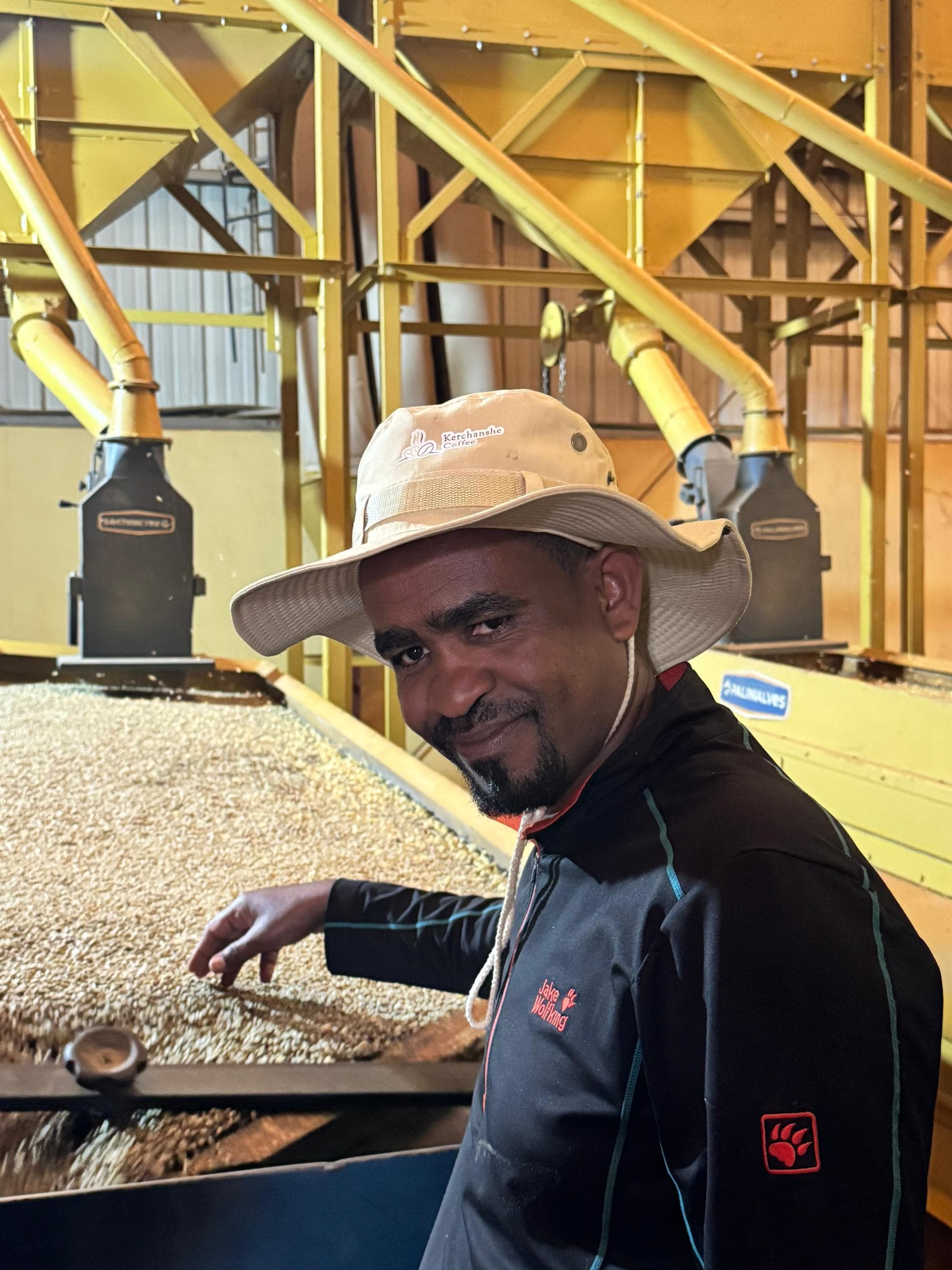
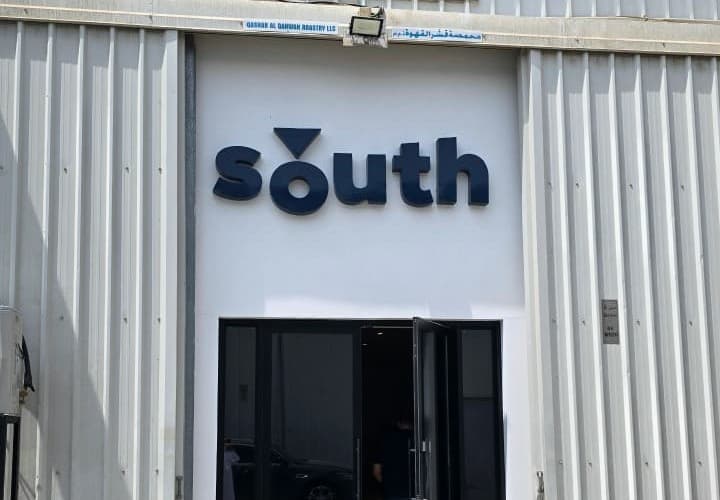
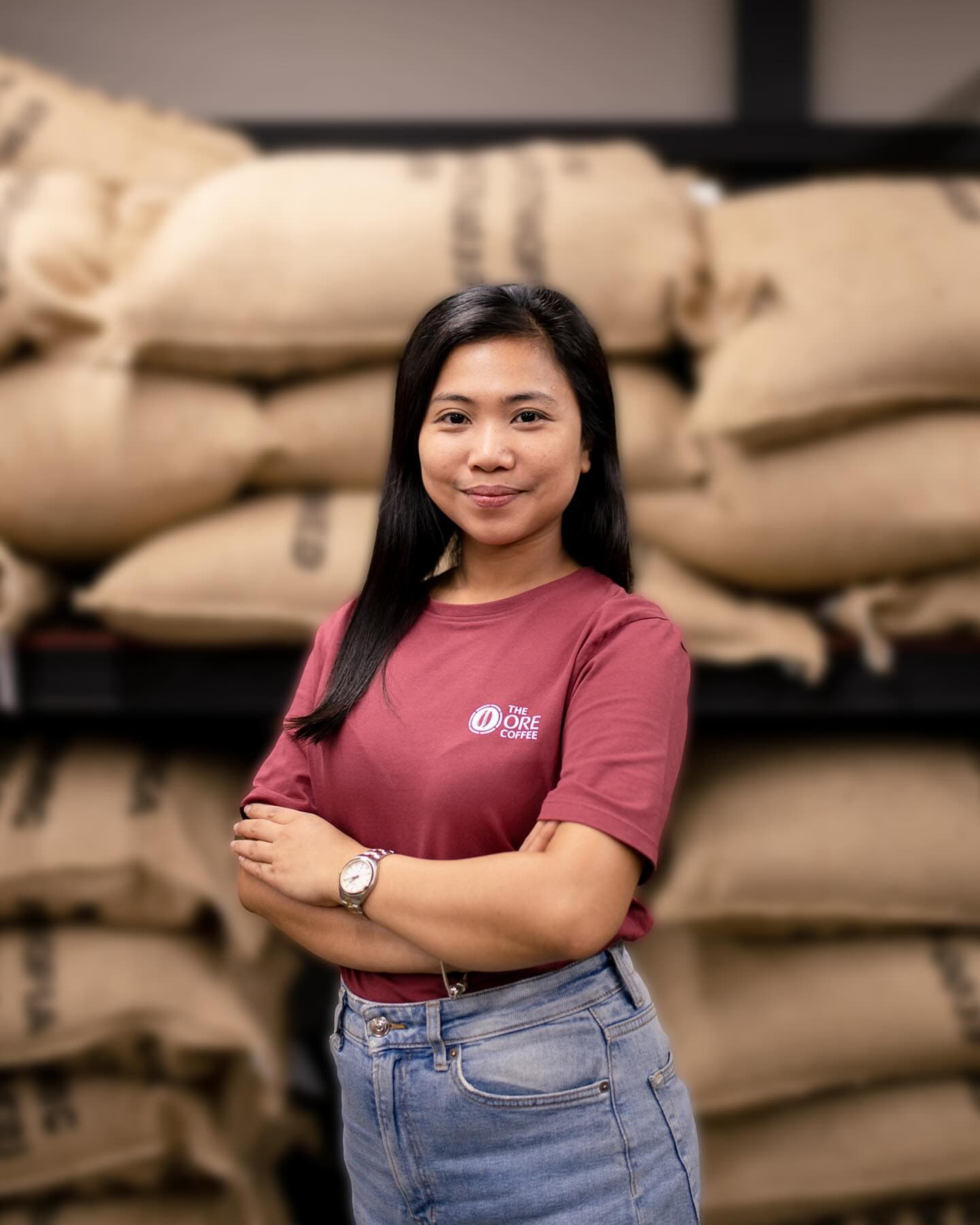
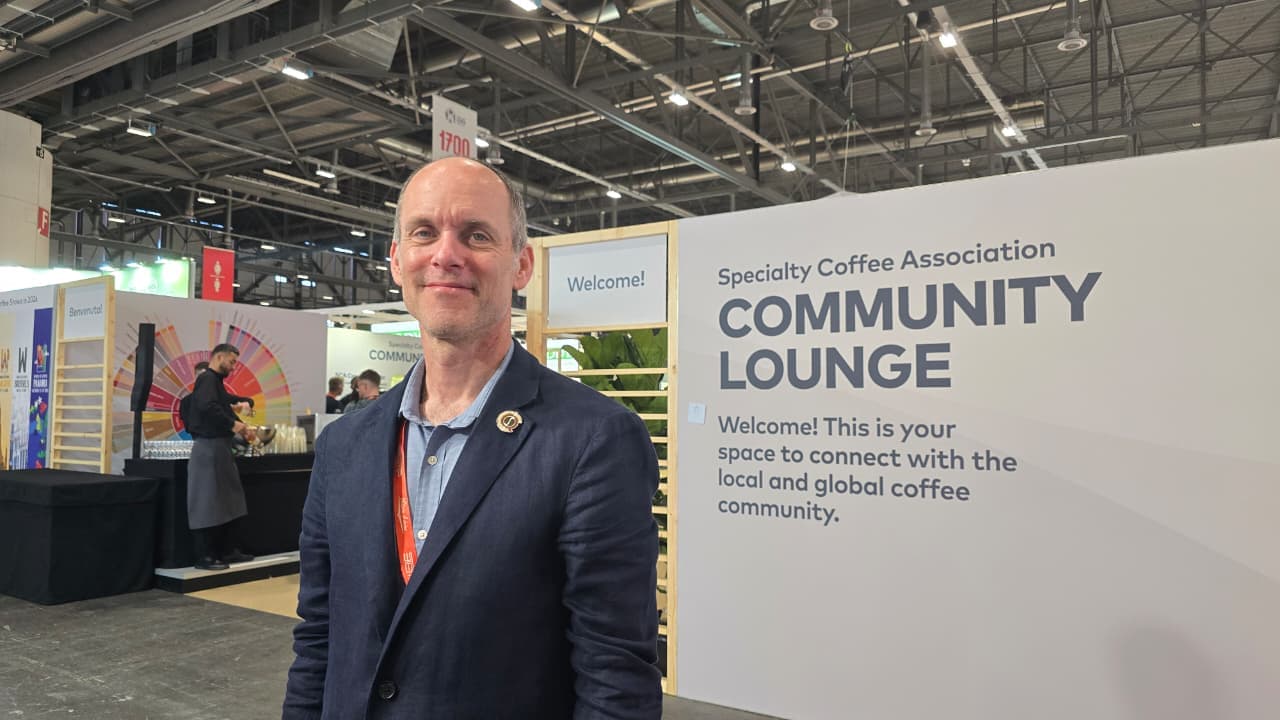
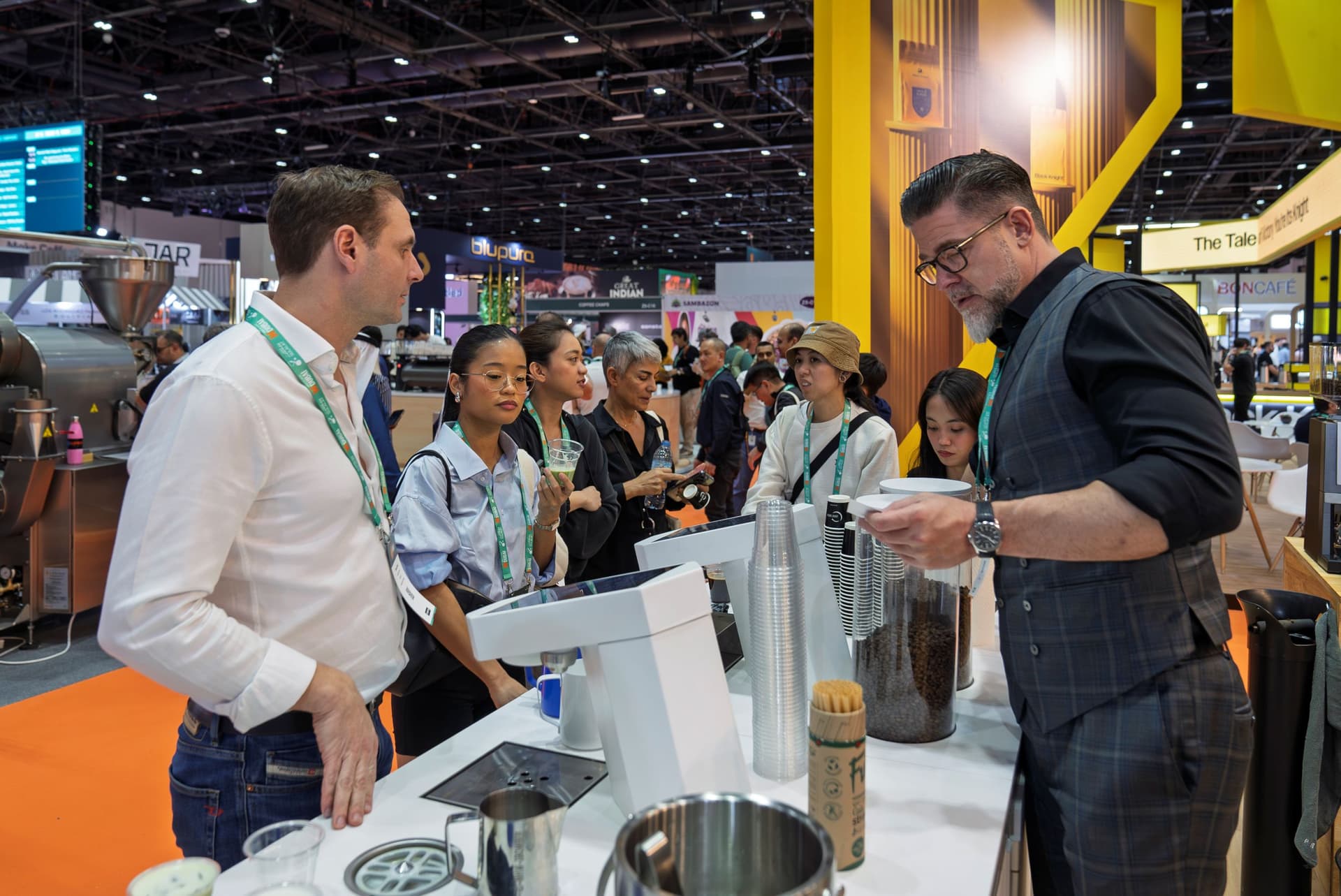
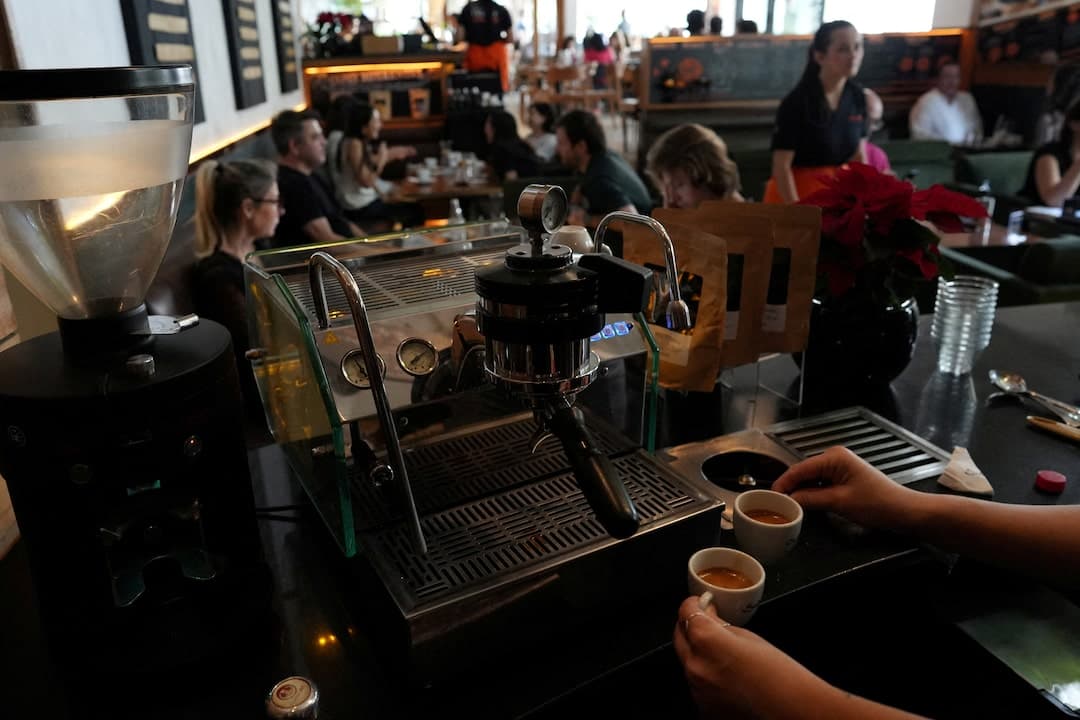
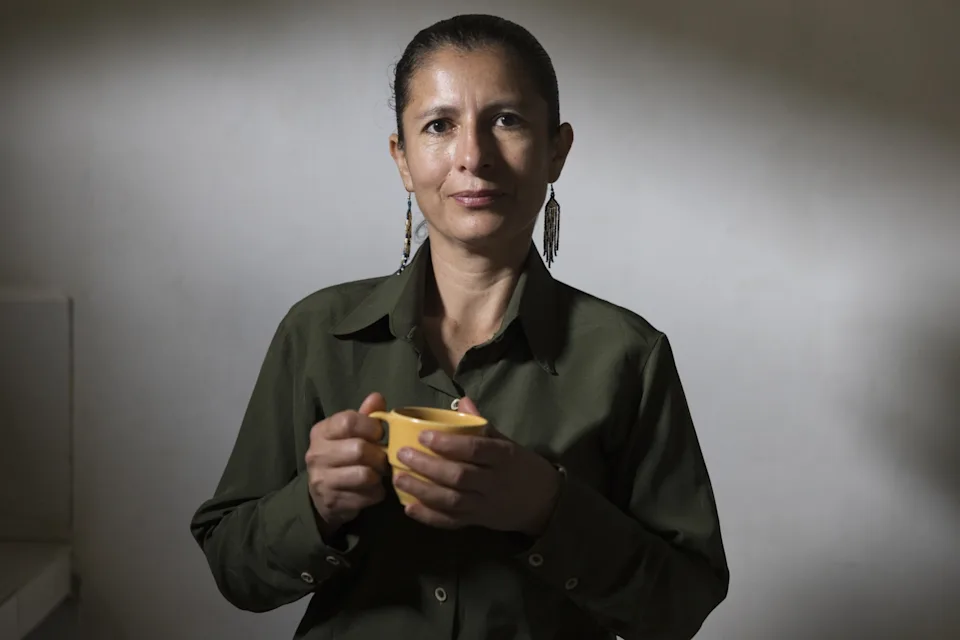
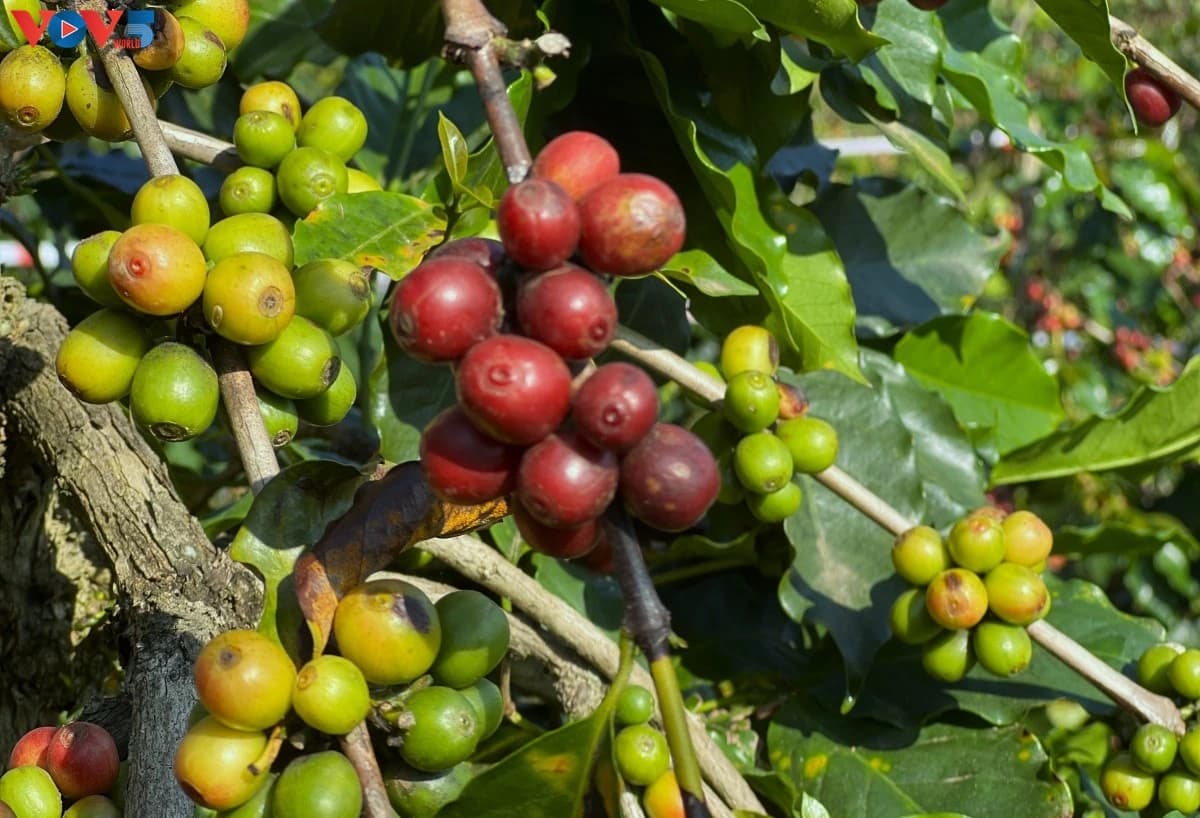
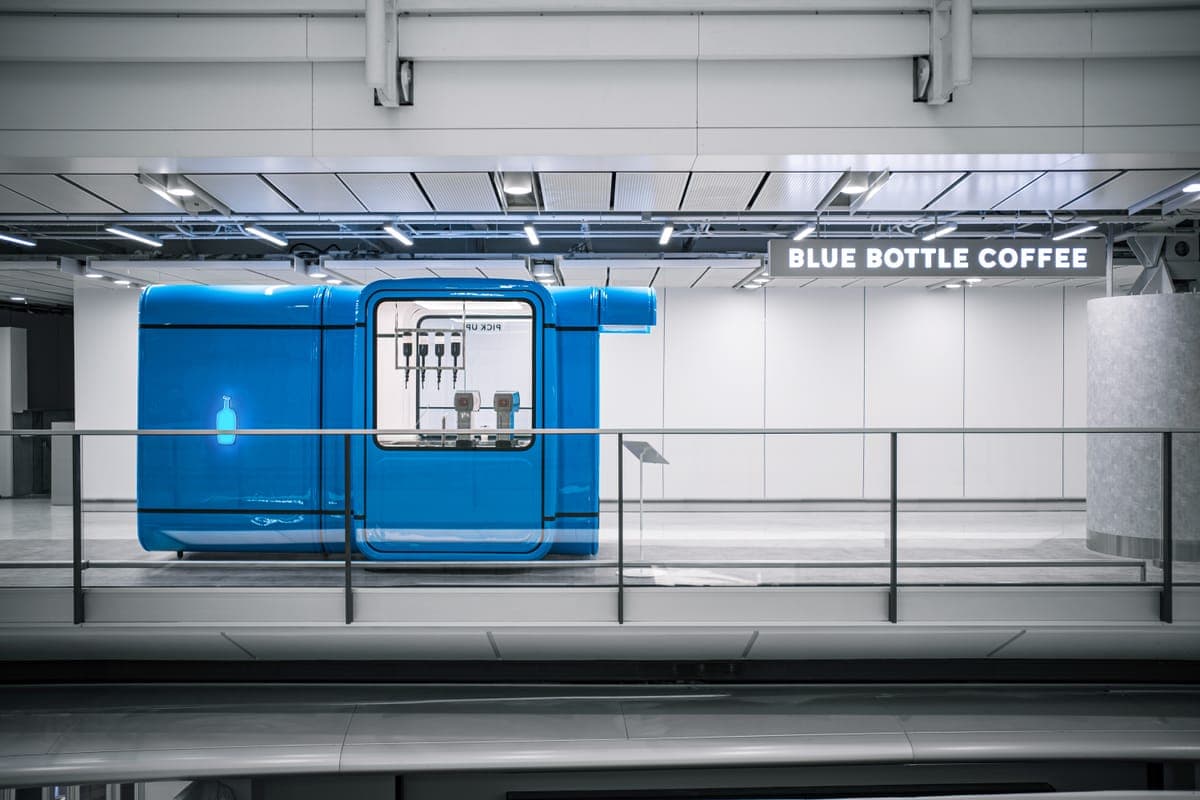

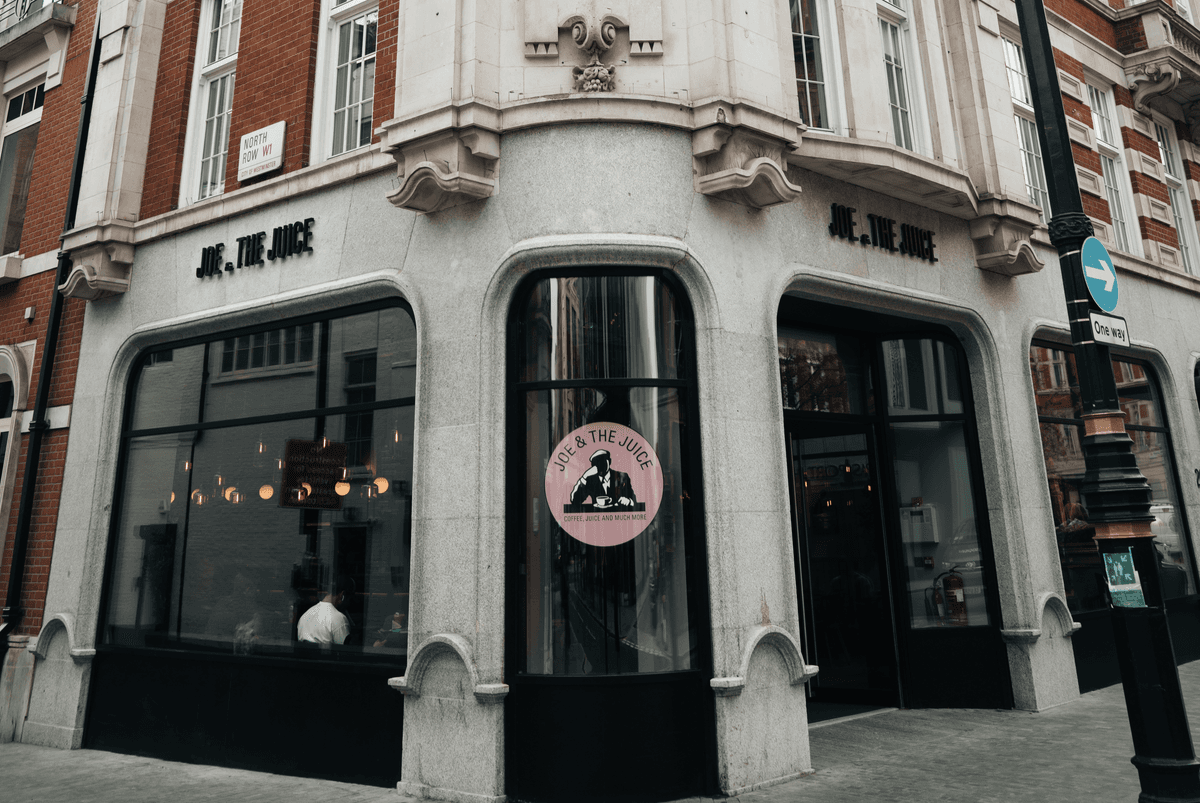

Dubai – Qahwa World The global coffee market is currently resting in a precarious calm, according to the International Coffee Organization’s (ICO) November 2025 Market Report. Despite major geopolitical and...

Dubai -Qahwa World The impact of coffee on our nightly rest has long been a fiercely debated topic in scientific circles. However, groundbreaking new research from Swiss scientists at the...

Dubai – Qahwa World A new edition of Project Café East Asia 2026 by World Coffee Portal reveals an exceptional year for the branded coffee chain sector across East Asia,...

Dubai – Qahwa World Multiple Sclerosis (MS), a severe and currently incurable autoimmune disease of the central nervous system, may have a new mitigating factor: coffee. A rigorous systematic review...